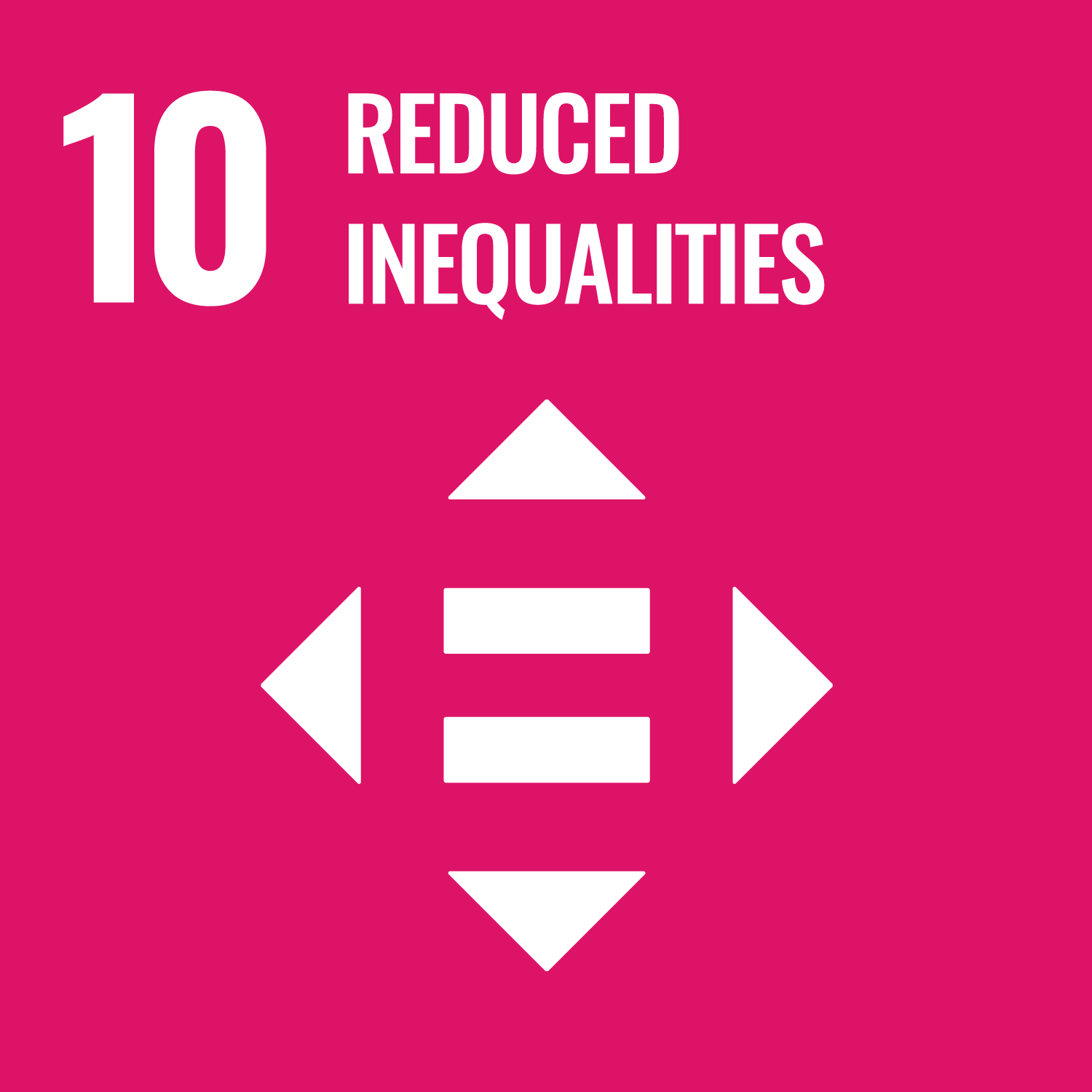ORCID
- N. Brennan: 0000-0002-2165-0155
- M. Bryce: 0000-0001-7876-2265
- L. Burns: 0000-0002-9525-952X
- T. Gale: 0000-0003-4551-5860
Abstract
Abstract Background Many high-income countries are heavily dependent on internationally trained doctors to staff their healthcare workforce. Over one-third of doctors practising in the UK received their primary medical qualification abroad. Simultaneously, an average of around 2.1% of doctors leave the UK medical workforce annually to go overseas. The aim of this study was to identify the drivers and barriers of international migration of doctors to and from the UK. Methods A scoping review was conducted. We searched EMBASE, MEDLINE, CINAHL, ERIC and BEI in January 2020 (updated October 2021). Grey literature and citation searching were also carried out. Empirical studies reporting on the drivers and barriers to the international migration of doctors to and from the UK published in the English language from 2009 to present were included. The drivers and barriers were coded in NVivo 12 building on an existing framework. Results 40 studies were included. 62% were quantitative, 18% were qualitative, 15% were mixed-methods and 5% were literature reviews. Migration into and out of the UK is determined by a variety of macro- (global and national factors), meso- (profession led factors) and micro-level (personal factors). Interestingly, many of the key drivers of migration to the UK were also factors driving migration from the UK, including: poor working conditions, employment opportunities, better training and development opportunities, better quality of life, desire for a life change and financial reasons. The barriers included stricter immigration policies, the registration process and short-term job contracts. Conclusions Our research contributes to the literature by providing a comprehensive up-to-date review of the drivers and barriers of migration to and from the UK. The decision for a doctor to migrate is multi-layered and is a complex balance between push/pull at macro-/meso-/micro-levels. To sustain the UK’s supply of overseas doctors, it is vital that migration policies take account of the drivers of migration particularly working conditions and active recruitment while addressing any potential barriers. Immigration policies to address the impact of Brexit and the COVID-19 pandemic on the migration of doctors to and from the UK will be particularly important in the immediate future. Trial registration PROSPERO CRD42020165748.
DOI Link
Publication Date
2023-02-14
Publication Title
Human Resources for Health
Volume
21
Issue
1
Acceptance Date
2022-12-21
Deposit Date
2023-02-28
Embargo Period
2023-03-01
Recommended Citation
Brennan, N., Langdon, N., Bryce, M., Burns, L., Humphries, N., Knapton, A., & Gale, T. (2023) 'Drivers and barriers of international migration of doctors to and from the United Kingdom: a scoping review', Human Resources for Health, 21(1). Available at: 10.1186/s12960-022-00789-y



